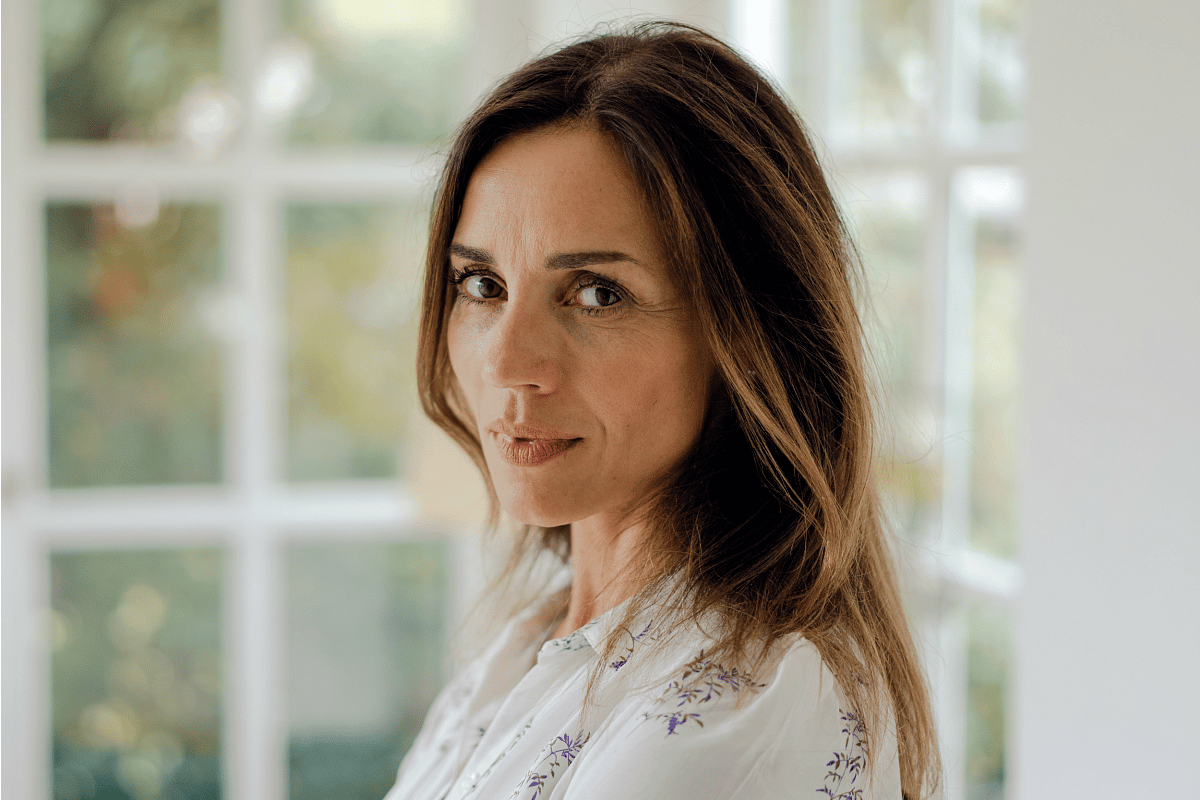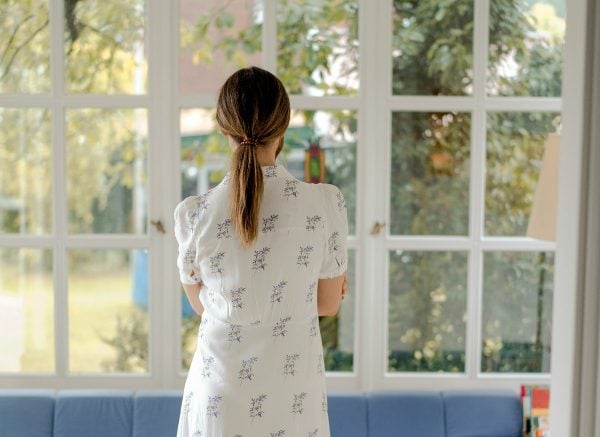
This article deals with mental health and may be triggering for some readers.
It’s taken me a long time to accept that I’ve suffered from postnatal PTSD. As a clinical psychologist who’s worked with hundreds of mums who’ve struggled with the early stages of motherhood, I’m well familiar with postnatal depression and anxiety, and knew I was high-risk for that myself, but postnatal PTSD? Nope. I didn’t know to keep an eye out for that one, and it blindsided me.
When I think of PTSD, I think of people who’ve lived through traumas like war, sexual assault, domestic violence. It’s not something I associate with newborns in onesies. And to be honest, I still feel a bit ridiculous admitting it now, but it is what it is – becoming a mum gave me PTSD.
No Filter host Mia Freedman speaks to journalist and author Melanie Dimmitt about how her expectations of motherhood changed when her son was diagnosed with cerebral palsy. Post continues after audio.
A lot of women develop PTSD following a traumatic and complicated birth, but for me, the months that followed were probably the most traumatising. The birth wasn’t great either though. My son, Harrison, arrived early – and quickly – at 33½ weeks. My partner was in rural Queensland at the time – his last work trip before bub arrived – and couldn’t get to me in time. Two close friends jumped at the chance to be with me, and while they were both amazing, the person I really wanted there wasn’t, and I don’t think I realised until much later just how much that affected me.
That being said, I’m forever grateful my girlfriend was with me, because mid-labour she asked the midwives to explain to me what would happen after bub arrived. Everything up until that point had happened so quickly, it hadn’t even occurred to me – stupidly – that bub would be whisked away, and I’m not sure it would have been flagged for me had my girlfriend not brought it up. But he was on my chest for two minutes, and then he was gone. I didn’t feel joy. I didn’t feel love. I just felt numb – I was in shock.



Top Comments
Thank you for discussing this. My son was the same. It went on for 12 months until I found a doctor that could help. I didn't have a supportive husband. I had just moved to a new city and was all alone. It was traumatic. Heart breaking trauma. Thank you for helping me to see clearer how traumatic it was.
Thanks so much for this post. Apart from the early delivery, this post seemed all too familiar to me. I too believe I had PTSD after a rocky first however months trying to feed a distressed baby with horrible silent reflux. Even to this day, (almost 4 years on), crying newborns trigger heart palpitations in me, and I hate it. It's one of the main reasons I haven't been able to face another pregnancy. I too wish more was said about PTSD as I'm sure there are many women out there who suffer from it, particularly after traumatic birth experiences....yet we're all told to just get on with life, the baby needs us, etc etc etc. :-(